#John August
Text
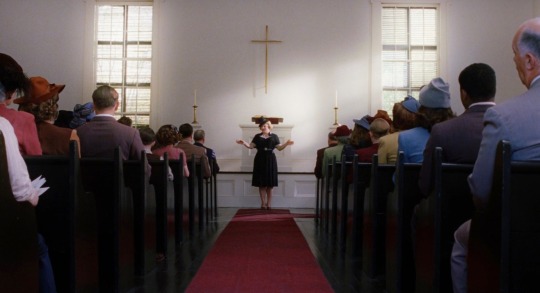


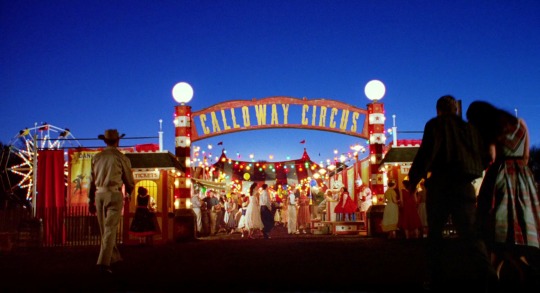
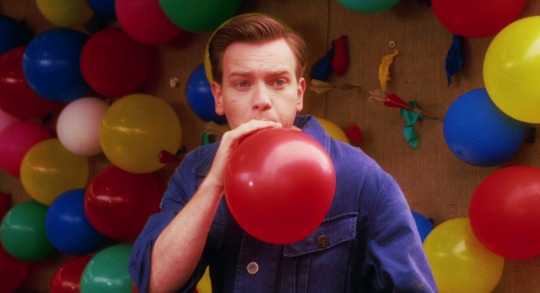
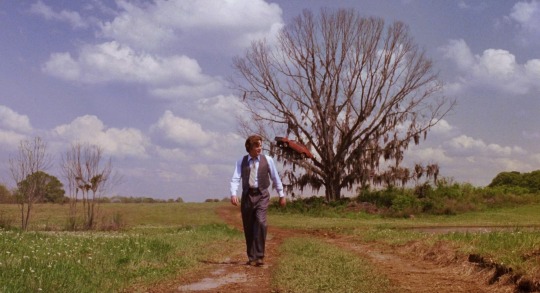
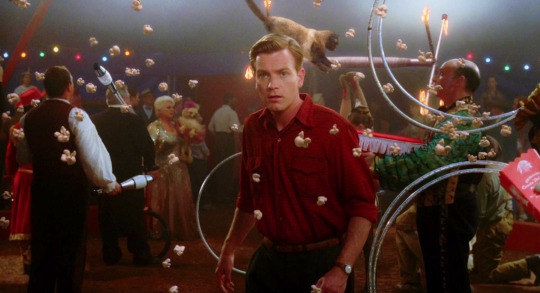



— Big Fish (2003), directed by Tim Burton, based on the novel by Daniel Wallace.
#big fish#tim burton#2003#daniel wallace#ewan mcgregor#jessica lange#big fish a novel of mythic propositions#john august#albert finney#billy crudup#helena bonham carter#alison lohman#robert guillaume#marion cotillard#steve buscemi#danny devito#philippe rousselot#danny elfman#miley cyrus#beauty#screencaps#actors#cinema#movies#cinematography#movie
42 notes
·
View notes
Text

#musical theater#do you know this musical#poll#big fish#big fish the Musical#andrew lippa#john august#language: english
45 notes
·
View notes
Text
29 September: WGA negotiating committee member John August walks us through the deal
33 notes
·
View notes
Text
Re: Minimum Staffing in Writers Rooms in the WGA 2023 contract
Let's start this off with what the deal looks like on minimum room size:

(link to full WGA 2023 contract)
Ok, so I wondered a bit about the minimum staffing in the contract myself. It seemed a little small, and I got a little confused with the writer-producer bit*. So here's something I just saw (reply to it incoming):
*Writer-producer is a new tier added this contract, as is stated in a tweet later in this post.
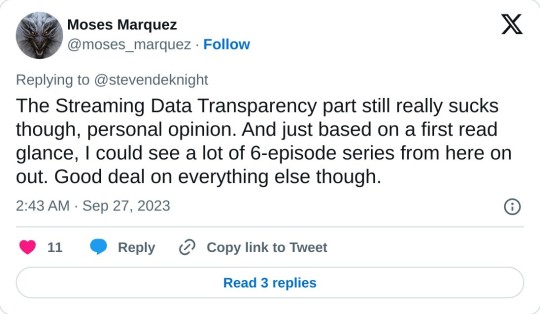
That was is background to the next two tweets. I will say, someone pointed out how stupid only 6 episode series would be an incredibly stupid and unprofitable business model.
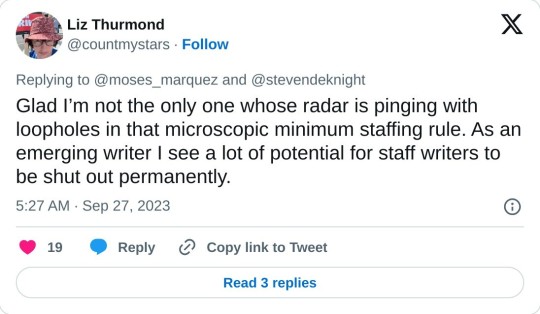
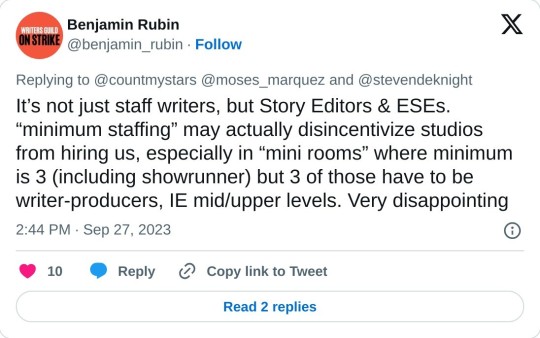
Reply:
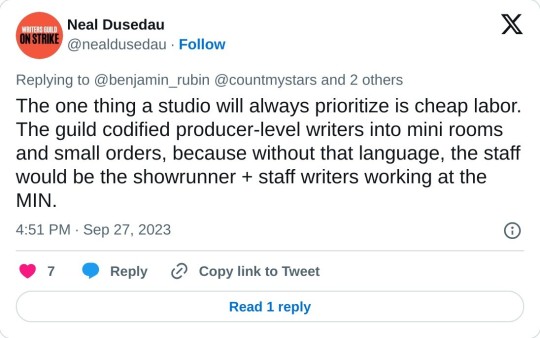
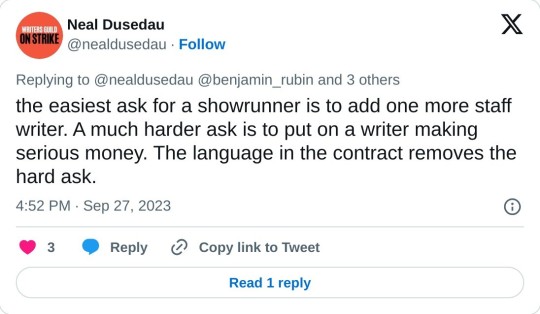
But anywho, here's some interesting stuff about room sizes of other shows that's what got me down that path (keep in mind, I don't think these two saw the person's explanation).
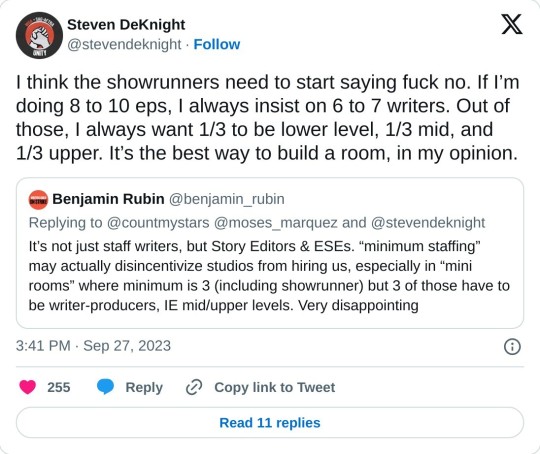

I haven't listened to this (yet?), but here's a podcast from one of the WGA NegComm members - John August - that apparently goes over the contract in technical speak:
#neal dusedau#steven deknight#rene balcer#criminal intent#userdundun#in case you guys are curious about CI BTS#fbi most wanted#john august#minimum staff size rules 2023#wga strike#wga strong#wga strike 2023#wga strike wins 2023#writers strike#writers strike 2023
7 notes
·
View notes
Text
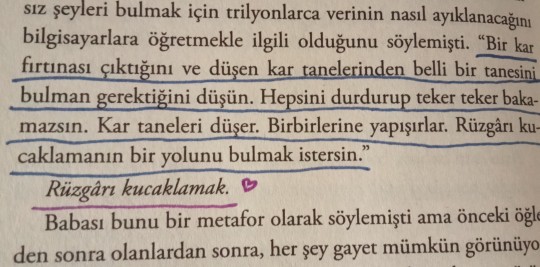
Rüzgârı kucaklamak.
2 notes
·
View notes
Text
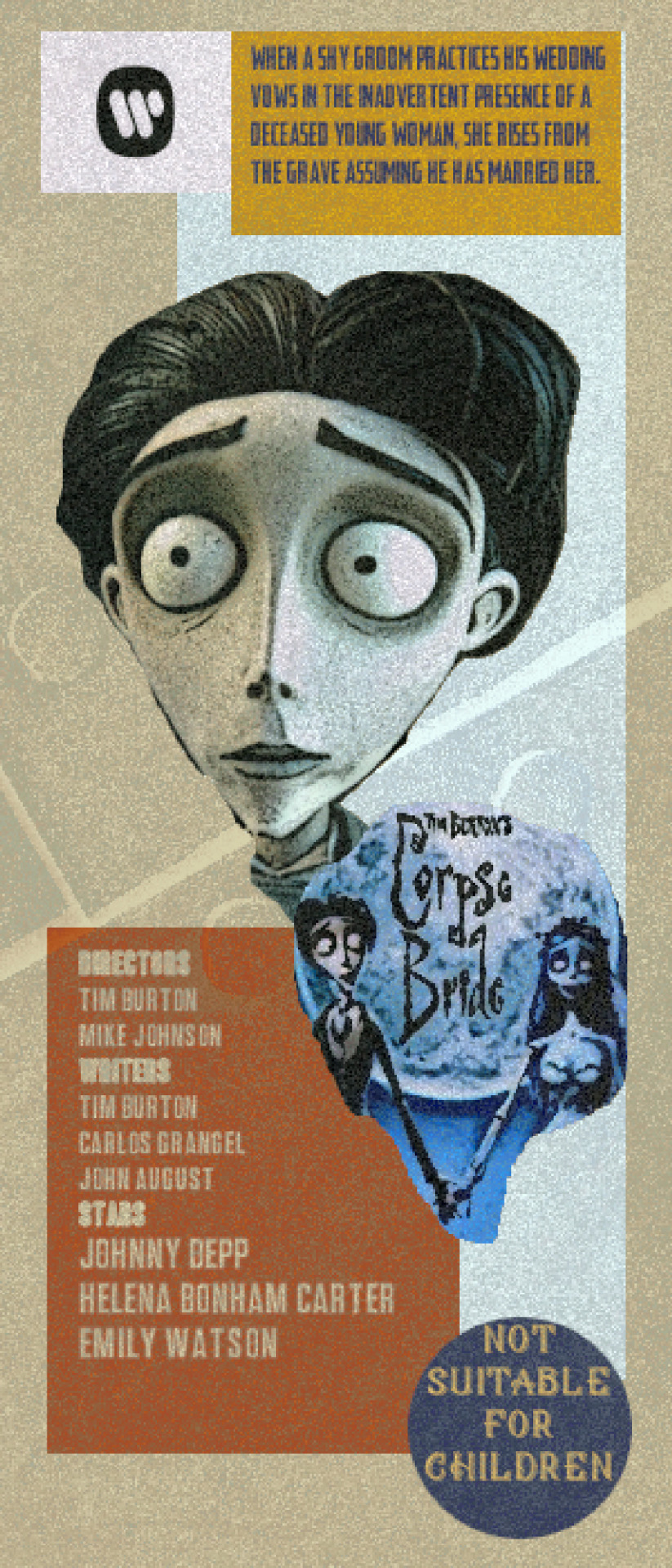
#corpse bride#movies#tim burton#mike johnson#carlos grangel#john august#johnny depp#helena bonham carter#emily watson#illustration#vintage art#alternative movie posters
6 notes
·
View notes
Photo

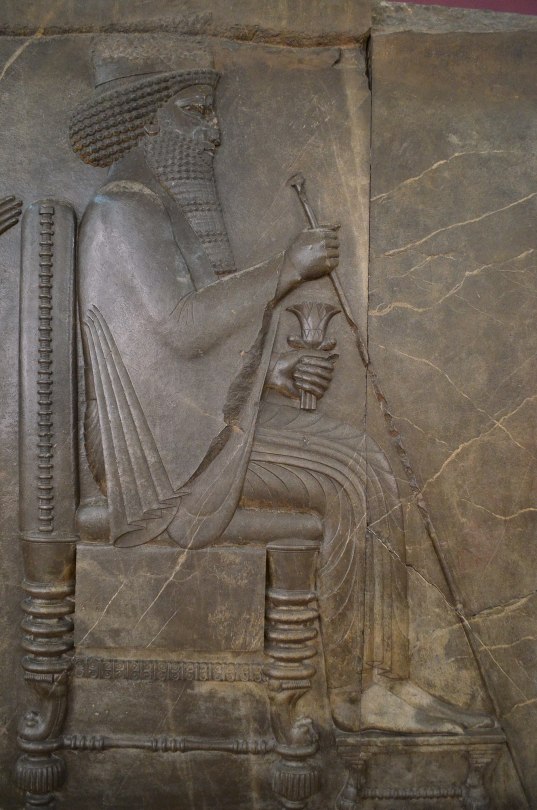
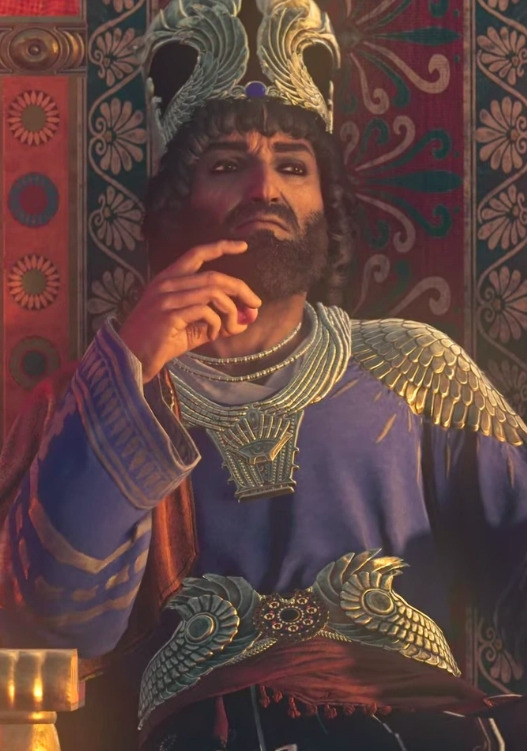

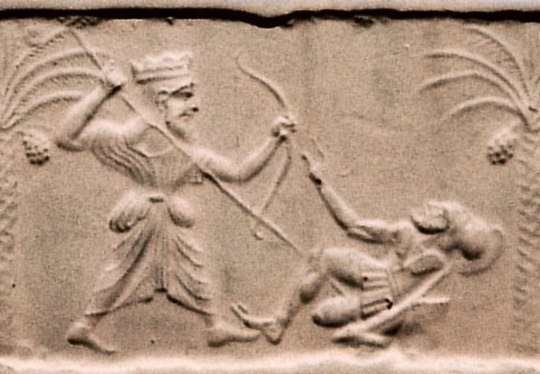
Ahasuerus, Haman and Esther by Rembrandt + National Museum of Iran Darafsh + Xerxes I of Persia + Go by John August (1999) + Achaemenid king killing a Greek hoplite. A possible depiction of Xerxes killing Leonidas
Thus we see how in that ancient Eastern time the Spiritual entered deeply into Nature, into all natural existence. But now we find also among these peoples something which to most of us in the present day may easily appear extremely barbarous. To a man of that time it would have appeared terribly barbarous if someone had been able to write in the feeling and attitude of mind in which we to-day are able to write; it would have seemed positively devilish to him. But when we to-day on the other hand see how it was accepted in those times as something quite natural and as a matter of course that a people should remove from West to East, should conquer — often with great cruelty — another people already in occupation and make slaves of them, then such a thing is bound to appear barbarous to very many of us.
This is, however, broadly speaking, the substance of oriental history over the whole of Asia. Whilst men had as I have described, a high spiritual conception of things, their external history ran its course in a series of conquests and enslavements. Undoubtedly that appears to many people as extremely barbarous. To-day, although wars of aggression do still sometimes occur, men have an uneasy conscience about them. And this is true even of those who support and defend such wars; they are not quite easy in their conscience.
In those times, however, man had a perfectly clear conscience as regards these wars of aggression, he felt that such conquest was willed of the Gods. The longing for peace, the love of peace, that arose later and spread over a large part of Asia, is really the product of a much later civilisation. The acquisition of land by conquest and the enslavement of its population is a salient feature of the early civilisation of Asia. The farther we go back into prehistoric times, the more do we find this kind of conquest going on. The conquests of Xerxes and others of his time were in truth but faint shadows of what went on in earlier ages.
—Rudolf Steiner, World History in the Light of Anthroposophy: Lecture II
After the Greeks had carried on the acquired treasures for some little while, the downfall of Greece occurred, and Rome took her place. In this way we should arrive at a plan of human evolution, so that when speaking of this plan we could never fall into the error of saying: ‘How did it come about, for instance, that just Xerxes or Miltiades or Leonidas had this or that individual karma?’ We must consider this individual karma as something which must be determined by and interwoven with the plan of the evolution of mankind. This cannot be understood in any other way; and this, too, is the view of Spiritual Science. But if this is the case, we must say: In this well-planned advance of human evolution we must see something which is a thing by itself, which is continuous in itself, in a similar way to that in which karmic events in individual human lives are connected with each other, and we must further enquire: ‘What relation does such a plan of the whole evolution of mankind bear to the individual karma of man?’
—Rudolf Steiner, Manifestations of Karma: Lecture XI
If we look with a sensitive eye at the felt relationship between man and man among the Ancient Greeks, and recognize how it has evolved from man's old relationship to the divine, we can say: what was previously an attitude permeated by religion has transformed itself into the legal attitude, the political attitude. Out of this, out of a combination of the nature of Greek and Roman, there then arose something that could maintain itself in social configurations. The priest gradually becomes merely the successor of the Oriental national leaders, for, although he may have kept himself in the background, the priest in the Orient was always the real spiritual leader, even with Darius and Xerxes. There comes to the fore a mode of thinking that cultivates ideas based on the relationship between man and man. And this goes so far that even religious life is swallowed up by this legal current, as I would call it. A juridical element enters man's world-picture, and even the cosmology of the time; and this element then remains almost throughout the Middle Ages and can be detected when we study the political views of, say, Augustine or Aquinas. Religious impulses themselves, while remaining what they are, take on legal forms.
—Rudolf Steiner, The Tension Between East and West: Lecture II
See more on the Kököchin–Barsine-Grail Knight individuality.
#Xerxes I#Xerxes the Great#Ahasuerus#The Book of Esther#Rembrandt#Assassin's Creed#Ancient Persia#Old Testament#spiritual science#anthroposophy#John August#Go (1999)#Sarah Polley#Kököchin#Barsine#the holy grail
4 notes
·
View notes
Photo
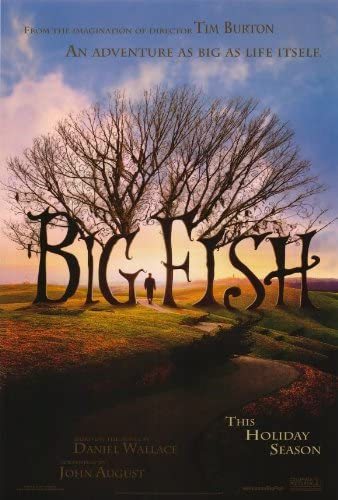
7 notes
·
View notes
Text
Dark Shadows (2012)

While I didn't enjoy this film, that doesn't mean you won't. No matter what I say, the people involved in this project did it: they actually made a movie. That's something to be applauded. With that established...
Dark Shadows shows promise at first, with tried-and-true but effective “fish out of water” humour. From there, the plot gets progressively unsure of where it wants to go, until it starts throwing stuff at the screen haphazardly. I don’t know if anyone could’ve salvaged a workable film from the woeful screenplay by Seth Grahame-Smith but director Tim Burton doesn’t seem to be trying very hard.
In 1760, Barnabas Collins (Johnny Depp) breaks the heart of his servant, Angelique (Eva Green). After she uses dark magic to kill Barnabas' fiancée (Bella Heathcote) she transform him into a vampire - so that he will outlive anyone he ever loves. Soon after, he is captured by villagers and buried "alive" in a coffin. Escaping from his prison in 1972, Barnabas finds his descendants in financial ruin, his beloved reincarnated as their new nanny (Bella Heathcote as Victoria), and Angelique still alive and still obsessed with him.
After the fact, it’s obvious Barnabas is the film’s main character. While watching, it isn’t so clear. You think Victoria will be a major player but she’s an afterthought with no personality. Most of the character feel like director Tim Burton self-indulging a little by tossing a bone to his favourite performers (Christopher Lee has a minor role which can’t have taken more than a day to shoot) or like inclusions put there just because they had an equivalent in the original 1966 television series. The film lasts nearly two hours. If you cut out Helena Bonham Carter as the Collins family doctor who does very little doctoring, the kinda-sorta misfit son David (Gully McGrath), his ne’er-do-well father (Johnny Lee Miller), the rebellious teenage daughter (Chloë Grace Moretz), the elderly maid (Ray Shirley) and the drunken groundskeeper (Jackie Earle Haley), you probably wouldn’t have more than 40-minutes’ worth of a movie. That’s not much but it’d be tighter, focussed and more enjoyable. None of these people have anything to do, and the less said about Alice Cooper’s cameo as himself, the better.
It feels like a bad soap opera that’s being made-up on the spot. Stuff just happens and sure, sometimes it’s funny but nothing’s building up to anything bigger. Now Dr. Hoffman is seducing Barnabas. Ok? Why? So we can cement that everyone finds Johnny Depp in vampire makeup irresistible? I guess that’s a thing but I don’t really get it.
Then, finally, a facsimile of a plot rears its ugly head. Ah! So the film is about Angelique and Barnabas’ rivalry. Wait. She waited 200 years for him to escape from the box she buried him in and in the meantime, she’s been using her fishing business to drive the Collins out of house and home? What a lame way to use your magic powers. It all builds to a lacklustre conclusion in which people are thrown around by magic. I think we’re supposed to feel upset about doomed romances and people caught between two irreconcilable worlds but so little time has been spent fleshing out the mushy stuff you just don’t care.
As an 18th-century vampire struggling to keep up with “modern” technology and sensibilities, Johnny Depp does well. He delivers all of the film’s best moments and yeah, some of it you’ve seen before but it’s still effective. The costumes, sets and art direction are also quite good so visually, Dark Shadows is pleasant to look at - especially when Eva Green is seducing Barnabas. Just about everything else is cringe-inducing and tone-deaf. Sexy as she may look, Green is terrible in this role and I can’t even blame her. No one shines thanks to the weak screenplay and scatterbrained direction torn between drama, horror and comedy. I nearly completely forgot about Michelle Pfeiffer, which is too bad because her character actually contributes something of value to the story.
The first time I saw Dark Shadows, I didn’t love it but found things to enjoy and gave it a mildly positive review. Re-examining it now, 3 stars seems way too generous. Although never awful, Dark Shadows doesn't give you many reasons to watch it. (April 5, 2019)

#Dark Shadows#movies#films#movie reviews#film reviews#Tim Burton#Seth Grahame-Smith#John August#Johnny Depp#Michelle Pfeiffer#Helena Bonham Carter#Eva Green#Jackie Earle Haley#Jonny Lee Miller#Chloe Grace Moretz#Bella Heathcote#2012 movies#2012 films
2 notes
·
View notes
Text
Dla Mallory Knox było to niewiarygodne ukoronowanie jej życia i miłości, niepodważalny dowód na to, że anioły naprawdę się nią opiekują.
— John August, Jane Hamsher
0 notes
Text
Weekly Roundup 11.3.23
New On the Blog - Weekly Roundup 11.3.23
I’m starting/restarting a thing here on the blog. What is this thing, you may wonder? Well, glad you asked. I’m calling it the ‘Weekly Roundup’ and will be items of interest and/or links I found interesting during the week or continue to find interesting or useful on a regular or semi-regular basis.
I won’t be talking much about or linking to anything to do with the current situation in the…

View On WordPress
#Apple#Apple Watch#Apple Watch Ultra2#Black River Orchard#Chuck Wendig#Craig Mazin#Emily St. John Mandel#HBO#John August#Marc Maron#Nerd#Nerd Stuff#Python#Scriptnotes Podcast#Station Eleven#Tech#WTF Podcast
0 notes
Text
#i post#i link#article#link to article#writers guild of america#strike#wga strike#inneresting#john august#residuals#hollywood
1 note
·
View note
Text
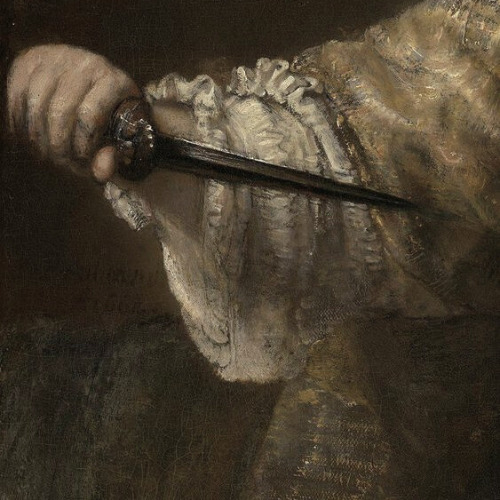
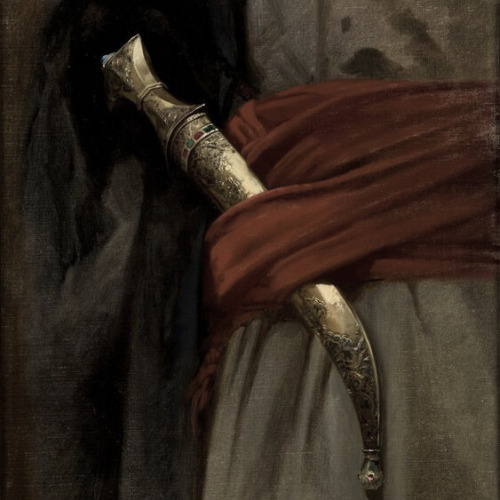

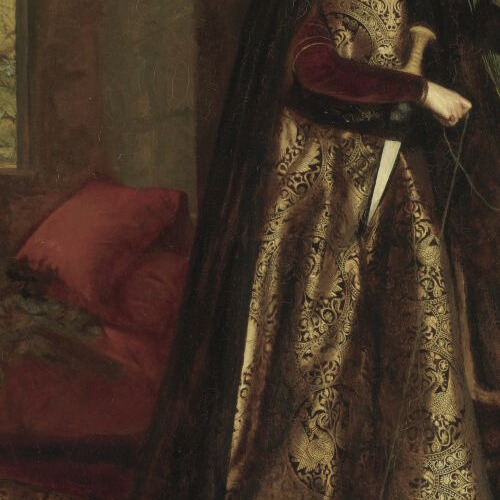
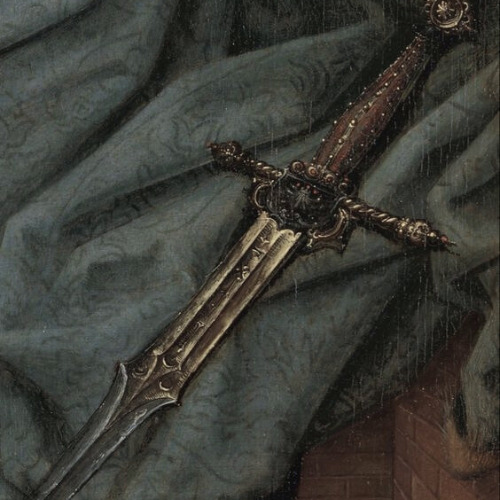




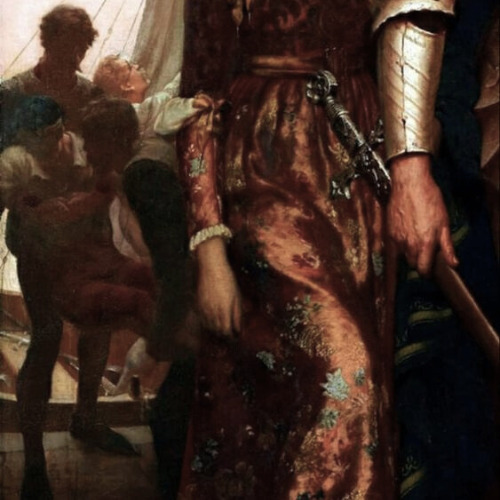


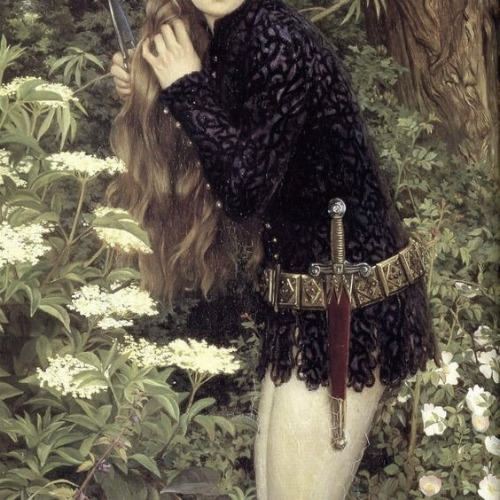





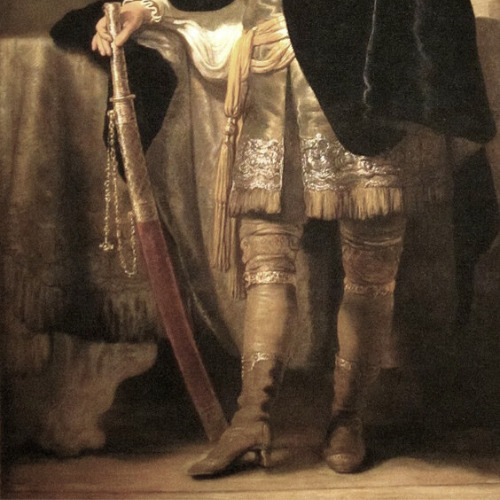
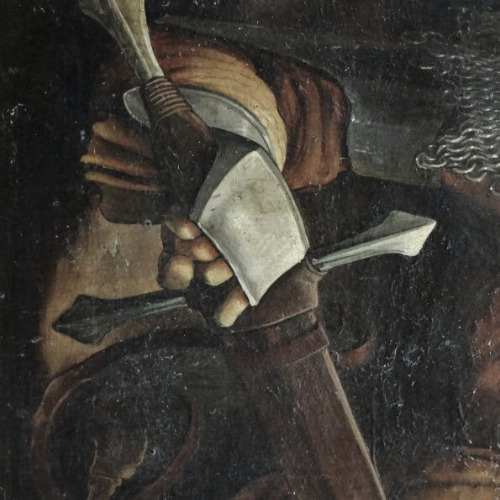
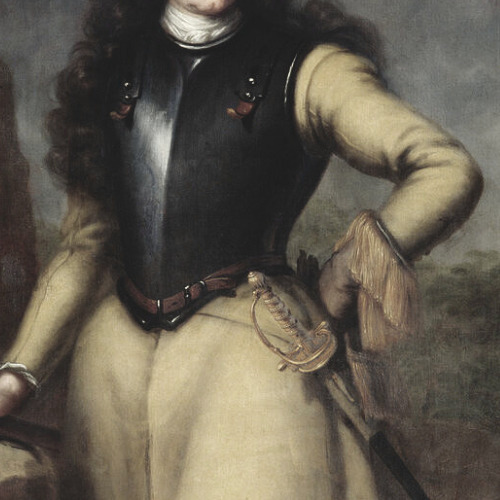

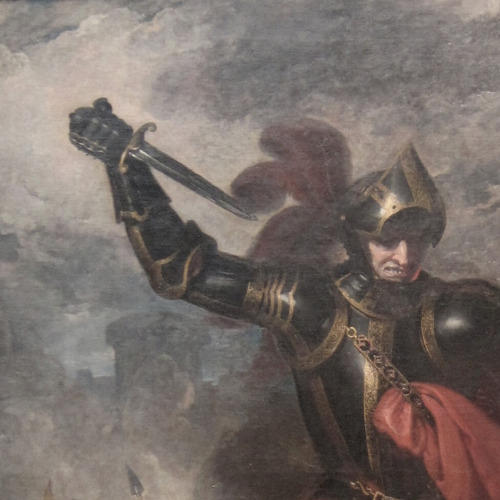
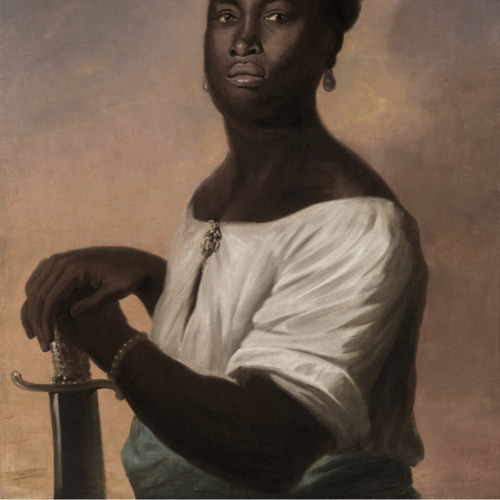
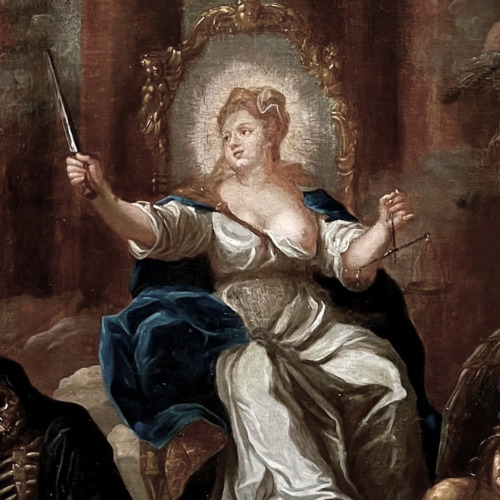


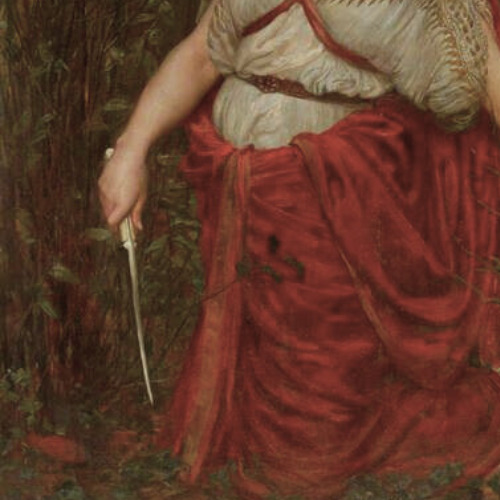


objects in art: swords/daggers
#artist is rembrandt van rijn#artist is satnislaw clebowski#artist is august riedel#artist is frank cadogan cowper#artist is unknown#artist is caravaggio#artist is benjamin west#artist is zoe-laure de chatillon#artist is hans holbein the younger#artist is edmund blair leighton#artist is eglon van der neer#cant find artist#artist is eleanor fortescue brickdale#artist is edmund blair leighton-#artist is pietro della vecchia#artist is dante gabriel rossetti#artist is sir john gilbert#artist is rambrandt van rijn#artist is ferdinand bol#artist is matthias grunewald#artist is david klocker ehrenstrahl#artist is nc wyeth#artist is charles robert leslie#artist is albert eckhout#artist is amico fruilano del dosso#artist is maestro de francfort#artist is valentine cameron prinsep#artist is vincenzo catena#artist is geergen tot sint jans#art history
2K notes
·
View notes
Text

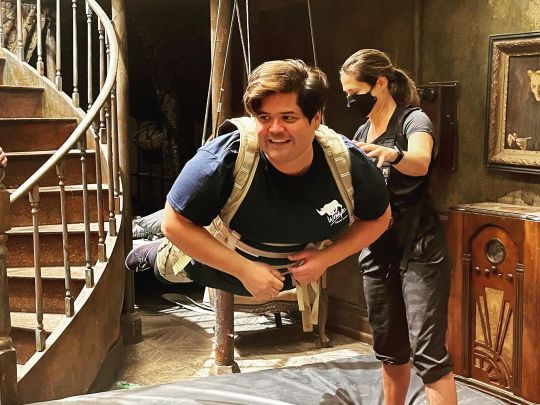
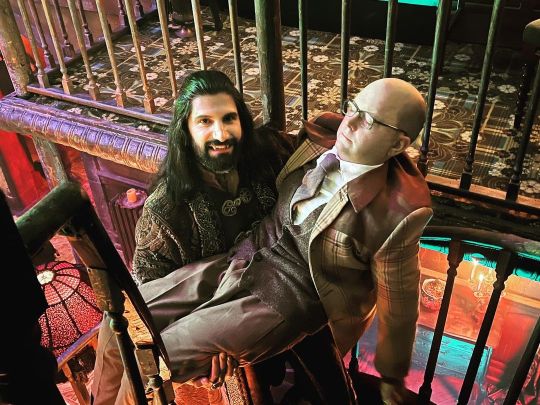
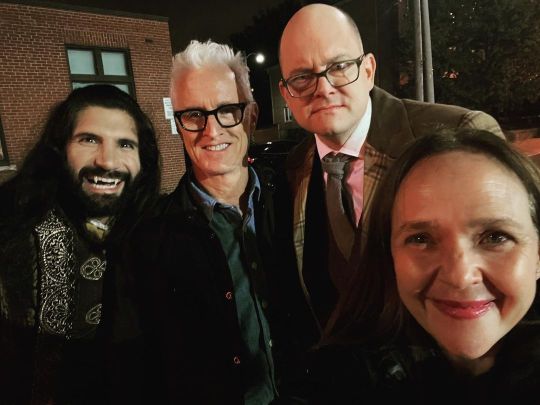

Behind the scenes photos of WWDITS season 5 episode 6, Urgent Care! Yana is such a treasure!
#harvey guillén#harvey guillen#wwdits#what we do in the shadows#wwdits spoilers#wwdits season 5 spoilers#wwdits season 5#guillermo de la cruz#nadja of antipaxos#nandor the relentless#colin robinson#john slattery#yana gorskaya#natasia demetriou#kayvan novak#mark proksch#behind the scenes#august 2023#stunts
3K notes
·
View notes
Photo

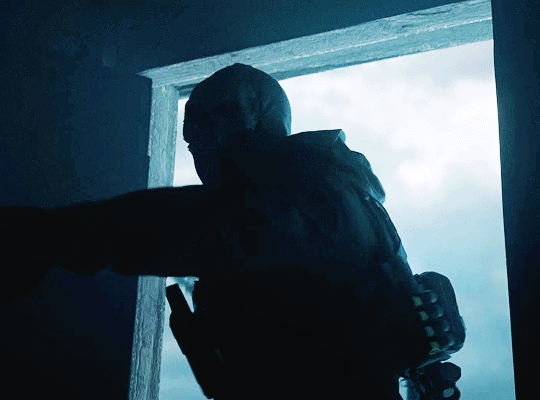
Call of Duty: Modern Warfare II - gifs 23/? | Ghost + 🔪
BONUS:

#cod#cod mwii#cod mw#call of duty modern warfare ii#call of duty mwii#ghost#simon riley#simon ghost riley#soap#john mactavish#john soap mactavish#codedit#codjay#edits*#gifs*#dude the hand in the bonus gif is shaking aljshdasd#god this game is so bad on ps4#dont worry tho im getting a ps5 in august
4K notes
·
View notes
Photo
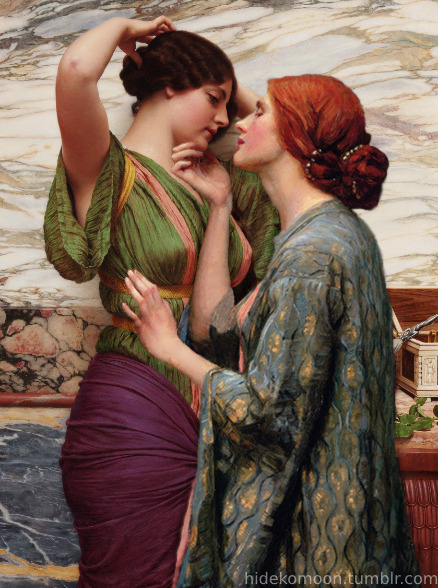
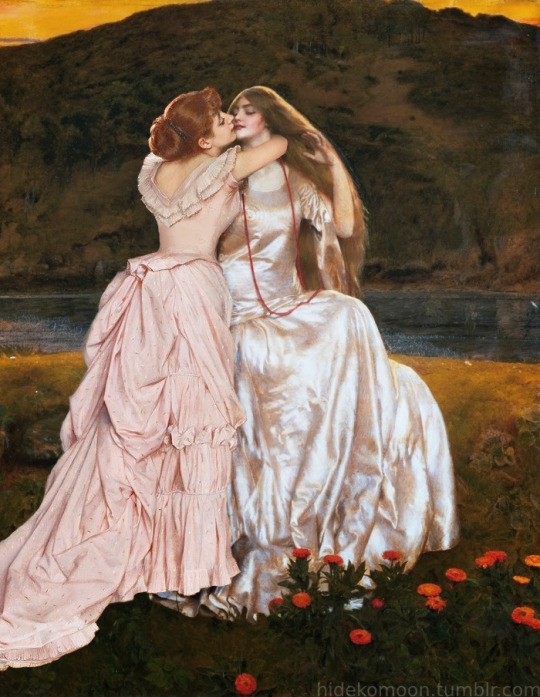
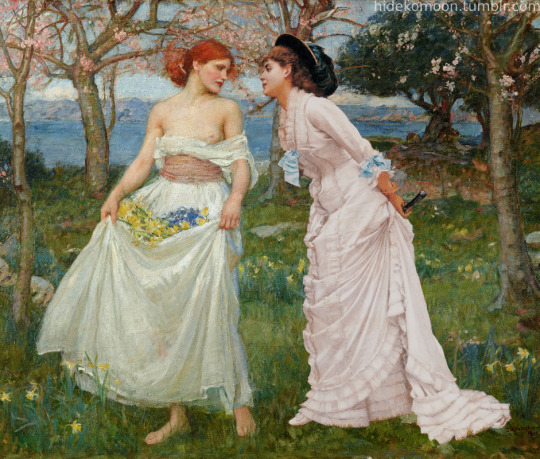


I did it again (my other edits here)
1. Godward’s A Fair Reflection (1915) and Waterhouse’s The Soul of the Rose (1908)
2. Frank Cadogan Cowper’s Damsel of the Lake (1924) kissing the lady in Auguste Toulmouche’s The Kiss (c.1870)
3. Waterhouse’s A Song of Springtime (1913) and Auguste Toulmouche’s Woman and Roses (1879)
4. Evelyn De Morgan’s Ariadne in Naxos (1877) with Waterhouse’s Sweet Summer (1912)
5. A woman from Charles Perugini’s Dolce Far Niente (1882) about to wake up Victor Gilbert’s Sleeping Beauty (date unknown)
please reblog if you save! (except terfs, “gender critical” radfems and general transphobes, y’all can block me please)
#painting#collage#john william waterhouse#lesbian#medievalcore#arthurian legend#sapphic#pre raphaelite#greek mythology#fairy tales#preraphaelism#auguste toulmouche#art history#john william godward#wlw#mine#not strictly preraphaelite this time#i just went and picked the most convenient poses
6K notes
·
View notes